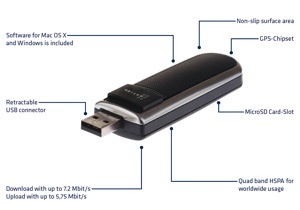Apple has announced that ResearchKit (www.apple.com/researchkit ) is enabling new research studies on autism, epilepsy and melanoma. ResearchKit turns an iPhone into a tool for medical research by helping doctors, scientists and other researchers gather data more frequently and more accurately from participants using iPhone apps.
With ResearchKit, study participants can review an interactive informed consent process, easily complete active tasks or submit survey responses, and choose how their health data is shared with researchers, making contributions to medical research easier than ever. Researchers and developers have already contributed to ResearchKit, with more than 50 researchers adding to the open source framework.
“We’re honored to work with world-class medical institutions and provide them with tools to better understand diseases and ultimately help people lead healthier lives,” says Jeff Williams, Apple’s senior vice president of Operations. “In just six months, ResearchKit apps studying everything from asthma and diabetes to Parkinson’s disease, are already providing insights to scientists around the world and more than 100,000 participants are choosing to contribute their data to advance science and medical research.”
With user permission, researchers designing studies using ResearchKit can also access data from the Health app such as weight, blood pressure, glucose levels, and other data measured by third-party devices and apps, to capture real-time data right from the iPhone. Access to the accelerometer, microphone, gyroscope and GPS sensors in iPhone deliver additional insight into a participant’s gait, motor impairment, fitness, speech and memory, delivering more objective data to medical researchers.


